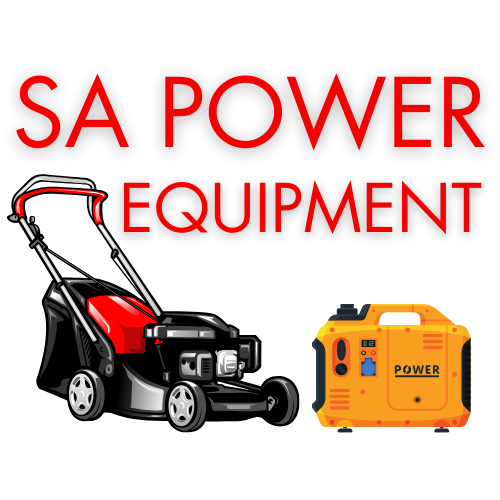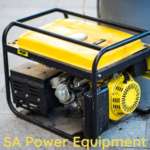When the lights go out, having a home generator can be a game-changer, turning a stressful power outage into a manageable inconvenience. With extreme weather and grid issues becoming more frequent, a reliable power backup is no longer a luxury but a necessity for many homeowners. Let’s delve into the benefits and considerations of using home generators, exploring the different types available and how to choose the right one for your needs.
Types of Home Generators
- Portable Generators: Ideal for short-term power outages, portable generators are affordable and easy to move. They require manual setup and refueling, making them a good choice for small homes or temporary use. They can power essentials like refrigerators, lights, and small appliances.
- Standby Generators: These are more permanent solutions, automatically kicking in when the power goes out. While more expensive, they offer greater convenience and can power an entire house, including HVAC systems and larger appliances. They are fueled by natural gas or propane, providing a seamless transition when the grid fails.
Choosing the Right Generator
- Power Needs: Determine the essential appliances and systems you need to run during an outage. Calculate the total wattage to ensure the generator can handle your requirements.
- Fuel Type: Consider the availability and storage of fuels like gasoline, propane, or natural gas. Each has its pros and cons in terms of cost and convenience.
- Noise Level: Generators can be noisy. Check decibel ratings if noise is a concern, especially in quiet neighborhoods.
- Budget: Set a budget that includes installation and maintenance costs. Standby generators, while costlier upfront, offer long-term reliability and convenience.
Safety Precautions
- Installation: For standby generators, professional installation is crucial to ensure safe and efficient operation. Incorrect installation can lead to dangerous back-feeding of electricity.
- Ventilation: Generators emit carbon monoxide; hence, they must be placed outdoors in a well-ventilated area, far from windows and doors.
- Regular Testing: Conduct regular testing and maintenance to ensure your generator is ready when needed. This includes oil changes, filter replacements, and running the generator periodically.
Maintenance Tips
- Routine Checks: Regularly inspect your generator for signs of wear or damage. Keep it clean and free from debris.
- Fuel Management: For gasoline-powered generators, stabilize fuel to prevent degradation. For propane or natural gas, ensure connections are secure and tanks are filled.
- Professional Servicing: Schedule annual professional maintenance to identify and address potential issues early.
The Importance of Backup Power
Having a backup power source is not just about convenience; it’s about safety and comfort. In prolonged outages, a generator can keep critical systems like heating, cooling, and medical equipment running. It prevents the loss of refrigerated food and allows you to maintain communication with the outside world. Simply put, a reliable generator offers peace of mind, ensuring that your home remains a safe haven during emergencies.
Investing in a home generator is an investment in your comfort and security. By understanding your options and taking the necessary precautions, you can choose the right generator to meet your needs and keep your household powered through any outage.
Let us know if we can help you choose your next home generator! Contact Us







Leave a Reply